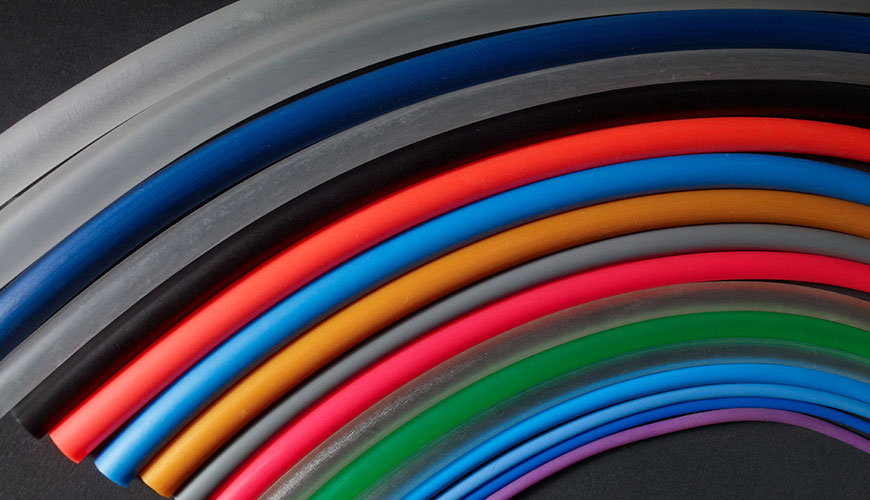

EUROLAB, with its state-of-the-art accredited laboratories and expert team, provides precise and fast testing services within the scope of ISO 294-2 testing. This standard specifies a four-cavity mold, type С ISO mold, for the injection molding of small drawbars measuring ≥ 60 mm × 10 mm × 3 mm.

The Type С ISO mold is a double-T-rail four-cavity mold for the preparation of small drawbars to be used for the measurement of so-called “indicators” when examining the effects of environmental influences such as liquids. Bar molds produced using this mold will have a thickness of 20753 mm ± 11 mm in addition to the dimensions of the type CW3,0 specimen defined in ISO 0,2.
This standard does not address the problem of changes in screw feed rate, eg. high speeds when filling the sleds and low speeds when filling the gaps. As a result of the inertia of the injection molding machine, peaks in melt pressure or injection speed cannot generally be avoided if the screw feed rate is changed during injection.
Many factors in the injection molding process affect the properties of molded test specimens and therefore the measured values obtained when the specimens are used in a test method. The mechanical properties of such samples are highly dependent on the conditions of the molding process used to prepare the samples. The precise definition of each of the main parameters of the molding process is a basic requirement for repeatable and comparable operating conditions.
In defining molding conditions, it is important to consider any effect the conditions may have on the properties to be determined. Thermoplastics differ in crystallization morphology (for crystalline and semi-crystalline polymers), phase morphology (for heterogeneous thermoplastics), molecular orientation, as well as orientation of anisotropic fillers such as short fibers.
EUROLAB assists manufacturers with ISO 294-2 test compliance. Our test experts, with their professional working mission and principles, provide you, our manufacturers and suppliers, the best service and controlled testing process in our laboratories. Thanks to these services, businesses receive more effective, high-performance and quality testing services and provide safe, fast and uninterrupted service to their customers.
To get an appointment, to get more detailed information or to request an evaluation, you can ask us to fill in our form and reach you.